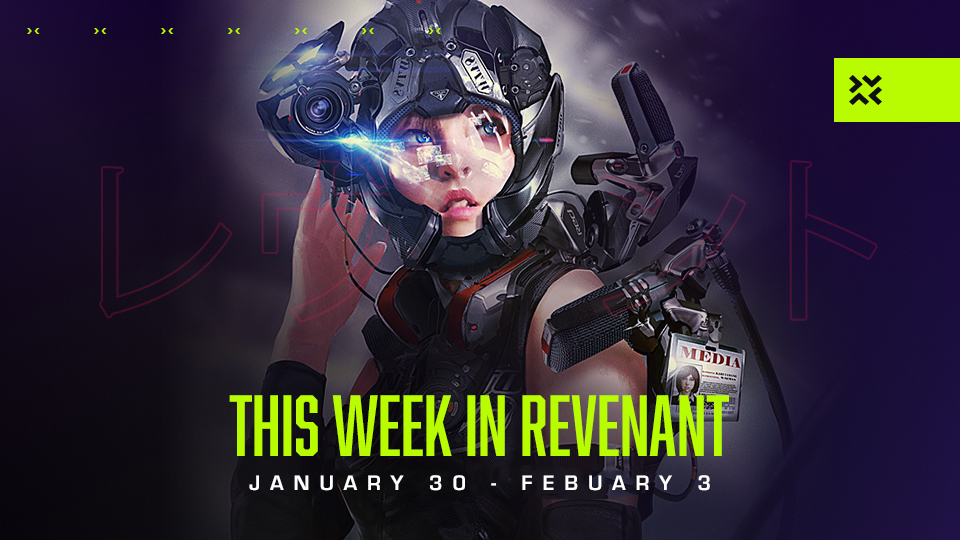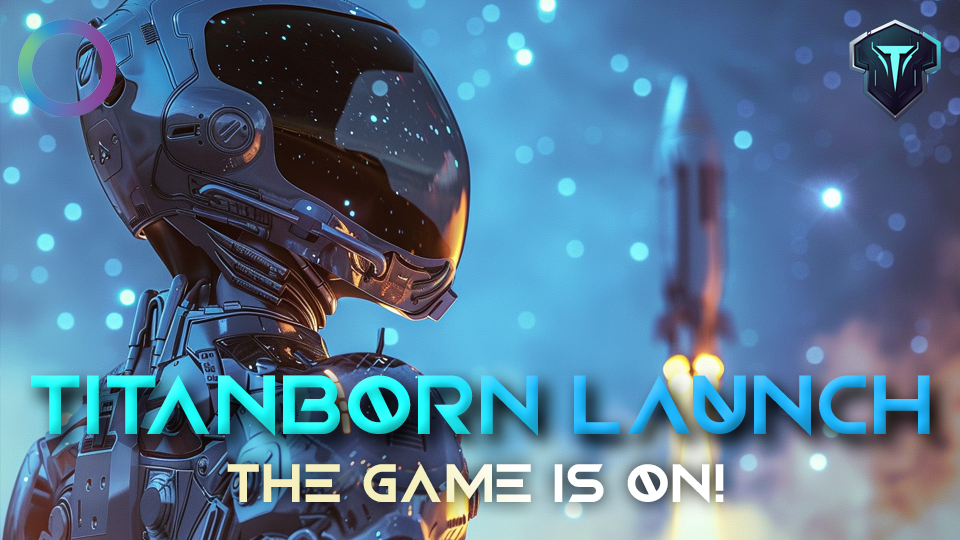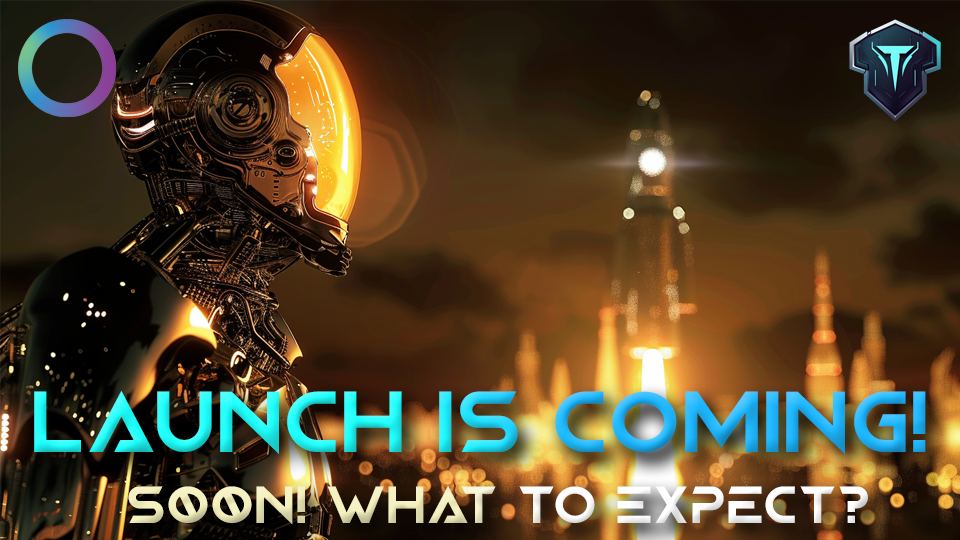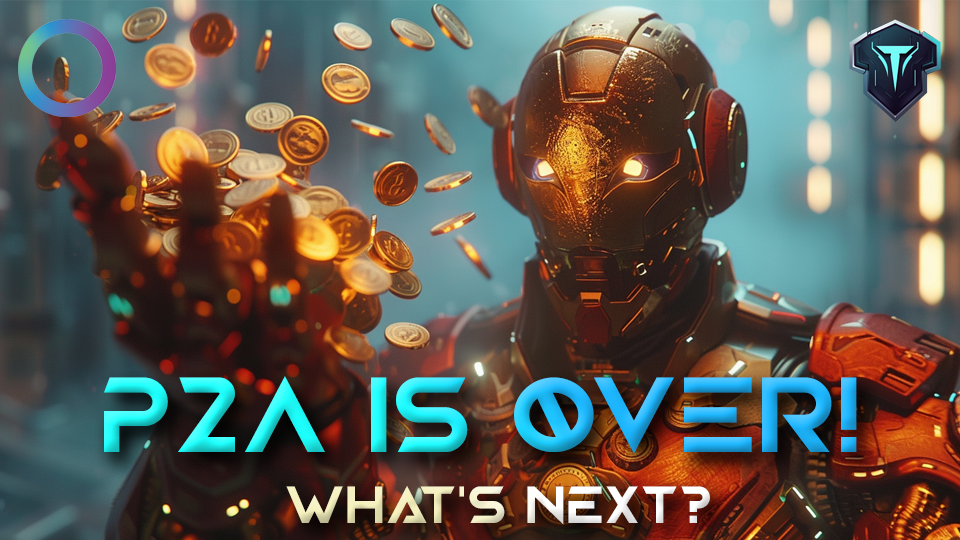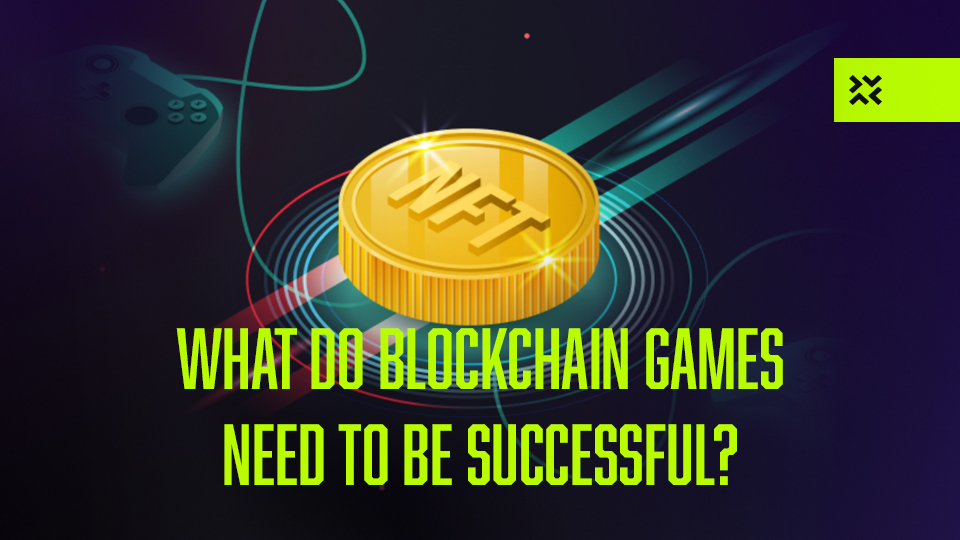
Blockchain games have become a significant part of the blockchain industry, accounting for over half of usage as of August 2022. With crypto games playing such an important role in the market, it’s essential to understand what they need to be successful.
In this blog post, we’ll explore the benefits of blockchain gaming, the importance of prioritizing gameplay, and how to incorporate financial gain without sacrificing the user base. Feel free to scroll to the following sections of the article:
- Benefits of blockchain gaming
- Blockchain games must prioritize gameplay
- Blockchain games must incorporate financial gain without sacrificing their user base
- Crypto games have huge potential but have yet to breakthrough
- Conclusion
Benefits of blockchain gaming

One of the main benefits of blockchain gaming is asset ownership. Players can own their in-game assets, which they can trade or sell on blockchain marketplaces. This feature opens up new revenue models for game developers and creates a new level of engagement for players. Additionally, player reward models in blockchain games can be more transparent and fair due to the use of blockchain technology.
Blockchain games must prioritize gameplay
However, despite being the most significant sector in the blockchain ecosystem, accounting for more than 50% of activity across the industry, blockchain gaming is yet to see its breakthrough moment. Gaming has always been less about technology and more about the experience, and blockchain developers have finally started to understand that.
A 2022 survey by the Blockchain Game Alliance (BGA) found respondents predicted game improvements would be the #1 driver of blockchain gaming adoption. With many gaming projects, such as Gala Games, Thetan Arena, and Star Atlas, developers are incorporating this approach into their work.
The team at Revenant, developers of Battle of Olympus, have implemented this philosophy from the start by asking themselves, “How can we make this game as fun as non-blockchain games?” at every turn.
Blockchain games must incorporate financial gain without sacrificing their user base
Incorporating financial gain into blockchain games is important, but it should not come at the expense of the user base. In the same BGA survey, there was a 67% decrease in respondents who consider play-to-earn as the main driver of the blockchain gaming industry compared to 2021.
Some early play-to-earn games catered more to investors than gamers, which led to their demise. An example of this is Axie Infinity, one of the first and most popular play-to-earn games, which has seen its monthly player count drop to 432,001, a low not seen since November 2022.
Rather than rewarding players without any real challenge, blockchain games must compensate players for being talented or getting lucky, much the same as in AAA games. This is key for maintaining an engaged user base instead of one who only associates a project with short-term gains.
Crypto games have huge potential but have yet to breakthrough
Although crypto games have enormous potential to revolutionize gaming, they have not yet had their major breakthrough. BGA’s survey found that 37% of respondents believe there is still a misconception that blockchain games are not fun, one of the biggest challenges holding the sector back.
However, a new wave of games that prioritize gameplay is poised to make a huge splash in 2023 and beyond.
In addition, the barrier that crypto wallets like Metamask pose to non-blockchain gamers is steadily decreasing. Fewer games require them when onboarding players until they are ready to explore further functionalities in the game that require a wallet.
With Battle of Olympus building engaging gameplay, sustainable economics, and now about to expand to the Arbitrum blockchain, we believe we are creating a solid foundation for a system that will make blockchain gaming accessible to all players. In short, we are preparing Battle of Olympus to climb to the top of the GameFi sector.
Conclusion
Until now, blockchain and crypto games have been fueled by a compulsive need for financial gain. However, this has come at the expense of gameplay and sustainability.
In the future, blockchain games that instead prioritize gameplay while incorporating novel player reward models will likely make it to the top in this new wave of innovation.


